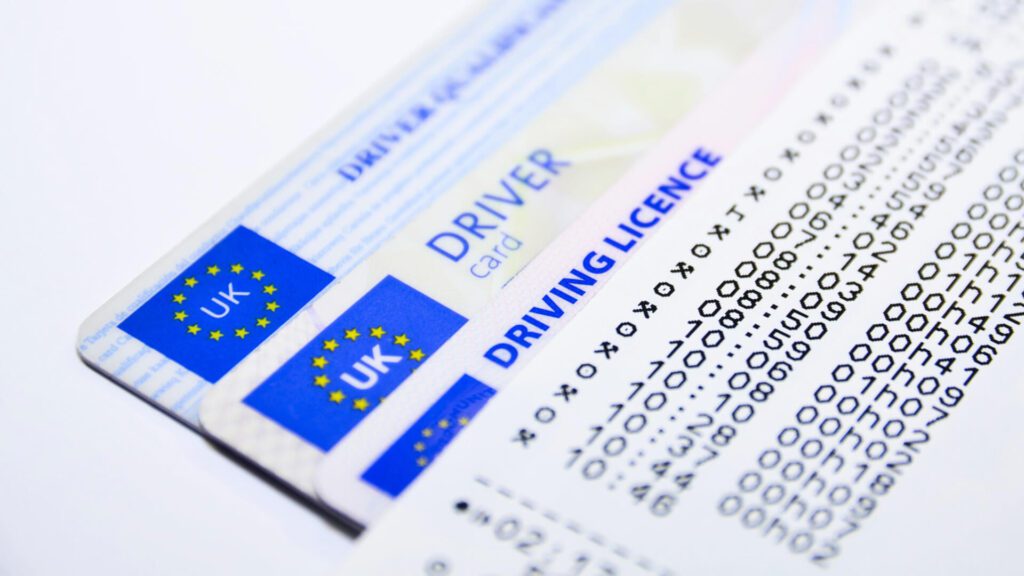
The short answer is yes, you generally need a driver’s license to operate a motor vehicle on public roads. This requirement is in place to ensure that drivers have the necessary knowledge and skills to operate a vehicle safely and responsibly.
Exceptions to the Rule
While the general rule is that you need a driver’s license to drive, there may be some exceptions depending on your age, location, and specific circumstances. For example:
- Learner’s Permit: In many jurisdictions, individuals under the age of 18 can drive with a learner’s permit, typically under the supervision of a licensed driver.
- Military Personnel: Active-duty military personnel may have special driving privileges, allowing them to operate vehicles on military bases without a civilian driver’s license.
- Certain Off-Road Vehicles: In some areas, it may be possible to drive certain off-road vehicles without a driver’s license, but this varies by location and vehicle type.
International Driving Permits
If you plan to drive in a foreign country, you may need an International Driving Permit (IDP) in addition to your domestic driver’s license. An IDP is a translation of your driver’s license into multiple languages and is recognized by many countries.
The Importance of a Driver’s License
Obtaining a driver’s license involves passing a series of tests to demonstrate your knowledge of traffic laws and your ability to operate a vehicle safely. This ensures that only individuals who are competent and responsible can drive on public roads.
Remember: Driving is a privilege, not a right. Always drive responsibly and obey all traffic laws to ensure your safety and the safety of others on the road.

I don’t think the title of your article matches the content lol. Just kidding, mainly because I had some doubts after reading the article.